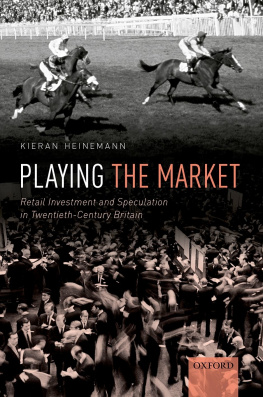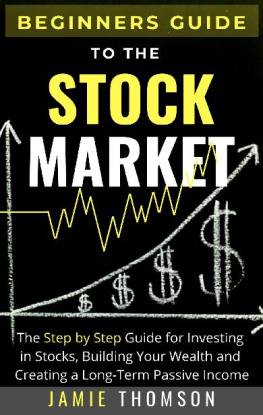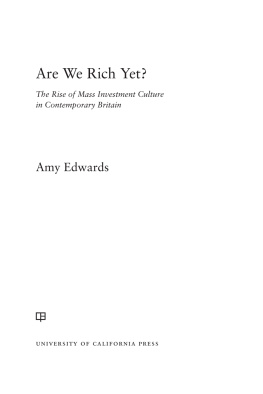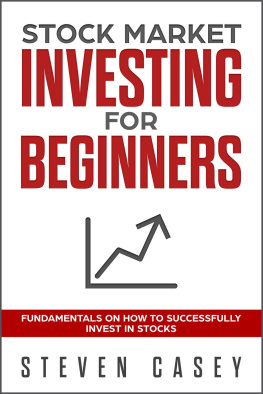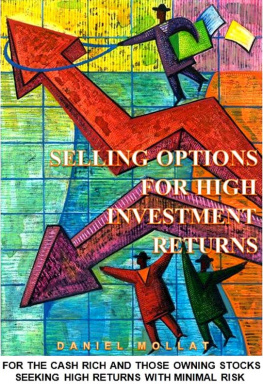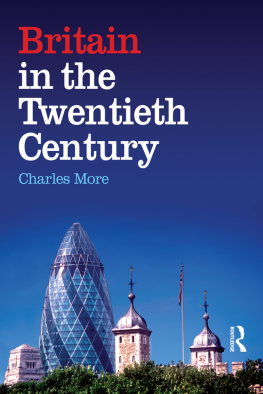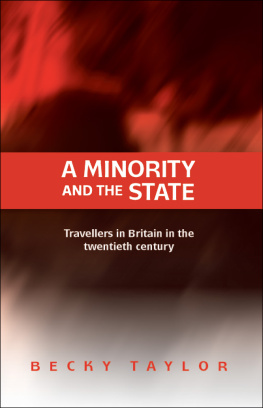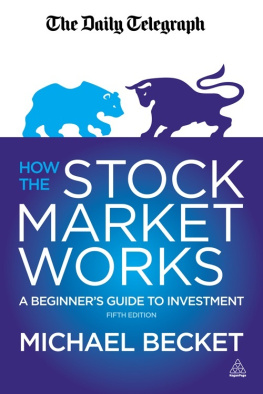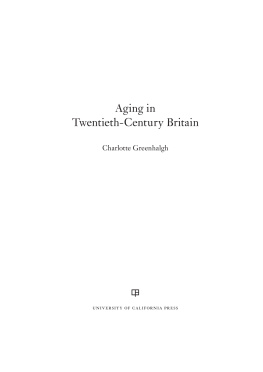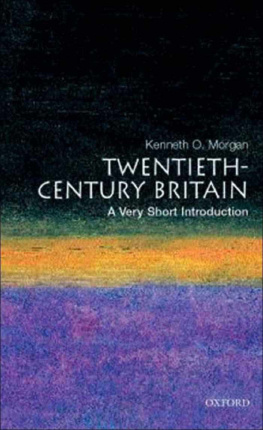Playing the Market

Great Clarendon Street, Oxford, OX2 6DP, United Kingdom
Oxford University Press is a department of the University of Oxford. It furthers the Universitys objective of excellence in research, scholarship, and education by publishing worldwide. Oxford is a registered trade mark of Oxford University Press in the UK and in certain other countries
Kieran Heinemann 2021
The moral rights of the author have been asserted
First Edition published in 2021
Impression: 1
All rights reserved. No part of this publication may be reproduced, stored in a retrieval system, or transmitted, in any form or by any means, without the prior permission in writing of Oxford University Press, or as expressly permitted by law, by licence or under terms agreed with the appropriate reprographics rights organization. Enquiries concerning reproduction outside the scope of the above should be sent to the Rights Department, Oxford University Press, at the address above
You must not circulate this work in any other form and you must impose this same condition on any acquirer
Published in the United States of America by Oxford University Press
198 Madison Avenue, New York, NY 10016, United States of America
British Library Cataloguing in Publication Data
Data available
Library of Congress Control Number: 2021937520
ISBN 9780198864257
ebook ISBN 9780192609854
DOI: 10.1093/oso/9780198864257.001.0001
Printed and bound by
CPI Group (UK) Ltd, Croydon, CR0 4YY
Links to third party websites are provided by Oxford in good faith and for information only. Oxford disclaims any responsibility for the materials contained in any third party website referenced in this work.
For Millen
Acknowledgements
I am tremendously grateful to Emmanuel College, Cambridge for providing such a unique academic environment and for awarding me a Derek Brewer PhD studentship, without which I could not have carried out the doctoral research that forms the basis of this book. The German Academic Exchange Service kindly granted me a one-year PhD Scholarship, while the North American Conference on British Studies and the Royal Historical Society generously provided travel funding for research and conferences.
The foundation of this research was laid in Berlin and would not have made it to Cambridge without the support and encouragement of my friends Angelo DAbundo, Can Atli, Hannes Bemm, Konstantin Bosch, Sren Brandes, Johannes Gro, Franzi Grun, Rafael Jakob, Julian Jrgenmeyer, Sebastian Kempkens, Nino Klingler, and Katharina Wendler. Thomas Mergel, Michael Wildt, and Heinrich August Winkler have been important academic mentors at Humboldt University and I am grateful for their support.
In London, the members of staff at the British Library and the German Historical Institute provided excellent working conditions. I am much indebted to Andrew Riley and Heidi Egginton at the Churchill Archives Centre in Cambridge for having pointed me towards valuable source material. Lord Howell, Sir Tim Lankester, Sir Patrick Sergeant, and Michael Walters kindly agreed to talk to me about their experiences with Mrs Thatcher and/or City journalism. Philip Lovelace of the London Stock Exchange Group kindly granted permission to use in this book data from the Financial Times All Share Index.
I owe a great deal to the following friends and colleagues for making the work on this book such an inspiring intellectual journey in all sorts of ways: Tom Arnold-Forster, Sarah Bendall, Owen Brittan, Alex Campsie, Laura Carter, Aled Davies, Lucy Delap, Freddy Foks, Rhys Jones, David Kynaston, Peter Mandler, Tiago Mata, Partha Moman, George Moore, Duncan Needham, Alexander Ntzenadel, Kim Priemel, Dame Fiona Reynolds, Laura Rischbieter, Ben Slingo, Will Summers, and Zo Thomas.
Jon Lawrence has been a wonderful PhD supervisor, who always guided me in the right direction, while at the same time granting me the necessary freedom to pursue my ideas. Martin Daunton encouraged me to turn the thesis into a book and has been an invaluable source of advice along the way. I am grateful to Katie Bishop, Samantha Downes, and Cline Louasli for giving the book a home at Oxford University Press.
I am grateful to my family, simply for being there for me. My Mum helped me understand why Thatcher came to power. My Dad taught me what it means to be a historian. And Patrick stood up for his little brother when he felt that radical economic historians were having a go at him.
By far the largest debt of gratitude, however, I owe to Millen Belay for making this wonderful journey possible. Before it came to an end, she gave birth to our children Theodor and Selma, and she put up with their dad spending quite a few sunny days at the library instead of in the playground. This book is for her.
London,
July 2020

